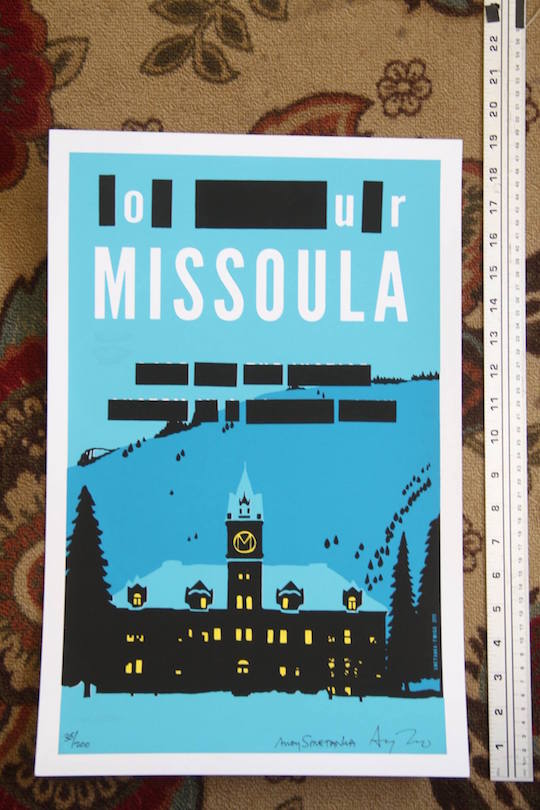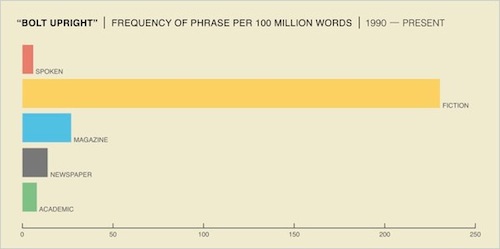Good news for baby Atticus: Joe Nocera of the New York Times believes the recently-published Go Set a Watchman is not a sequel to To Kill a Mockingbird but an early draft. In a column Friday, he calls the book “a fraud” and “one of the epic money grabs in the modern history of American publishing.” I’d say that sounds kind of like libel, except it’s published in the New York Times, so you know they checked him.
Nocera notes that Lee spent the last 50 years insisting she wouldn’t publish another novel, “until now, that is, when she’s 89, a frail, hearing- and sight-impaired stroke victim living in a nursing home.” Tonja Carter, Lee’s caretaker since the death of sister Alice last year, said she found the new novel in 2014. Nocera believes she actually saw it in 2011, when she participated in a meeting with Lee’s former agent and a specialist for Sotheby’s that included discussion of the new manuscript. Carter claims she left the meeting before the manuscript came up and didn’t return. Nocera says, in no uncertain terms, that what really changed—the event that brought this “new novel” to market—was Alice died.
If that’s true, it’s a sad story. Celebrated one-off novelist refuses to write another book for five decades, protected by her sister when she herself is infirm. Sister dies; greedy publisher sells early, crappy draft of novelist’s masterpiece as new novel that makes everyone hate main character.
That last part presupposes that Go Set a Watchman will overshadow or at least rival the popularity of To Kill a Mockingbird, which seems unlikely at this point. Probably, Watchman will be remembered as a peculiarity of 21st-century publishing, if at all. But it seems like a dirty trick to pull on an author who spent most of her life refusing to cash in on the success of her only novel. Maybe a perfectly lucid Lee changed her mind after fifty years, a stroke, and the death of the sister who looked after her affairs. Or maybe she is sitting in her nursing home right now, only dimly aware of what HarperCollins did to her.





